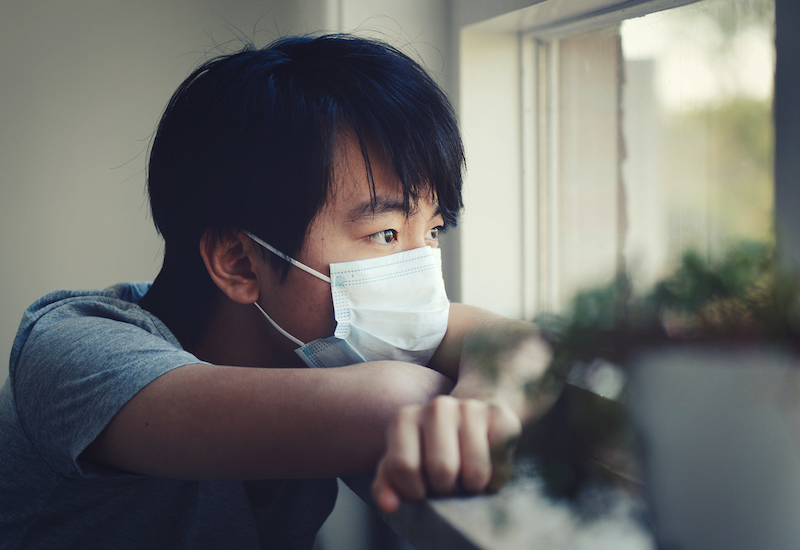COVID-19 protests against China’s strict zero-COVID policy and enforced lockdowns erupted in several major Chinese cities over the last weekend. While protests in China are a common occurrence, it is rare for widespread protests over the same issue to consume much of the country, much less become violent.
Protesters in Beijing and Shanghai fought with police but despite the violence, the government did not back down from its current policy. Some local governments eased some restrictions; however, these concessions will not overly affect China’s ongoing struggle with COVID-19.
The number of COVID-19 infections and deaths have increased in China over the past few months (admittedly, Chinese statistics can be specious), something that Xi’s zero-COVID policy was meant to address. Furthermore, the economic fallout from the unpopular zero-COVID policy has negatively influenced people at all levels of Chinese society. While the Chinese government will survive these protests, several underlying issues placing pressure on the Chinese people may threaten the rule of Xi Jinping.
RELATED: China Faces Numerous Constraints in Reclaiming Taiwan
What Caused the Current COVID-19 Protests in China?
The spark for the COVID-19 protests was an apartment fire in the city of Urumqi that killed approximately 10 tenants, according to the Chinese government. Dissidents claim the number of dead was as high as 44, but independent verification of either claim is not possible.

Due to the zero-COVID policy imposed by Xi, the tenants were locked in the building and unable to escape. Once the Chinese government discovers an individual infected with COVID-19, authorities stop the movement of citizens in the affected area and often lock people in a building, regardless if it’s business or residential.
Similarly, Chinese workers locked in a Foxconn iPhone plant in Zhengzhou recently broke out of their quarantine and posted a video of the event on social media sites before the government could censor it. The apartment fire and the Foxconn incident clearly demonstrate China’s fatigue with government policy; in fact, protesters have called for the abolishment of the Chinese Communist Party (CCP) and the purging of Xi Jinping during these COVID-19 protests.
RELATED: Why Russia and China Pose Challenges to US Foreign Affairs
A New Challenger to Xi Could Emerge from the CCP
Due to the dramatic COVID-19 protests playing out on China’s streets, it’s the CCP that will need watching. Xi Jinping has cemented his rule over China by dismantling any faction that may challenge him and by preventing new factions from emerging.
However, that doesn’t mean that ambition within CCP party members will ever go away, so the potential of a faction attempting to challenge Xi is still possible and policy missteps like the COVID-19 lockdowns may provide such an opening. To handle these COVID-19 protests, Xi will likely blame the execution of the zero-COVID policy, rather than the policy itself, for causing social disharmony.
It’s also conceivable that Xi will simply shift the blame to local party officials and remove them from their posts to demonstrate that the CCP – and Xi’s hold on his own party – are firmly in control of China. But protests may continue over the coming weekends, a more popular time for protests. China will have to dedicate more time and resources to manage social discontent, which will challenge Xi’s handling of concurrent crises stemming from the unpopular zero-COVID policy.
So while the COVID-19 protests may play well in Western media, they do not pose a challenge to the current regime. Instead, they do have the potential to offer an opening for CCP members to challenge Xi Jinping.

Comments are closed.